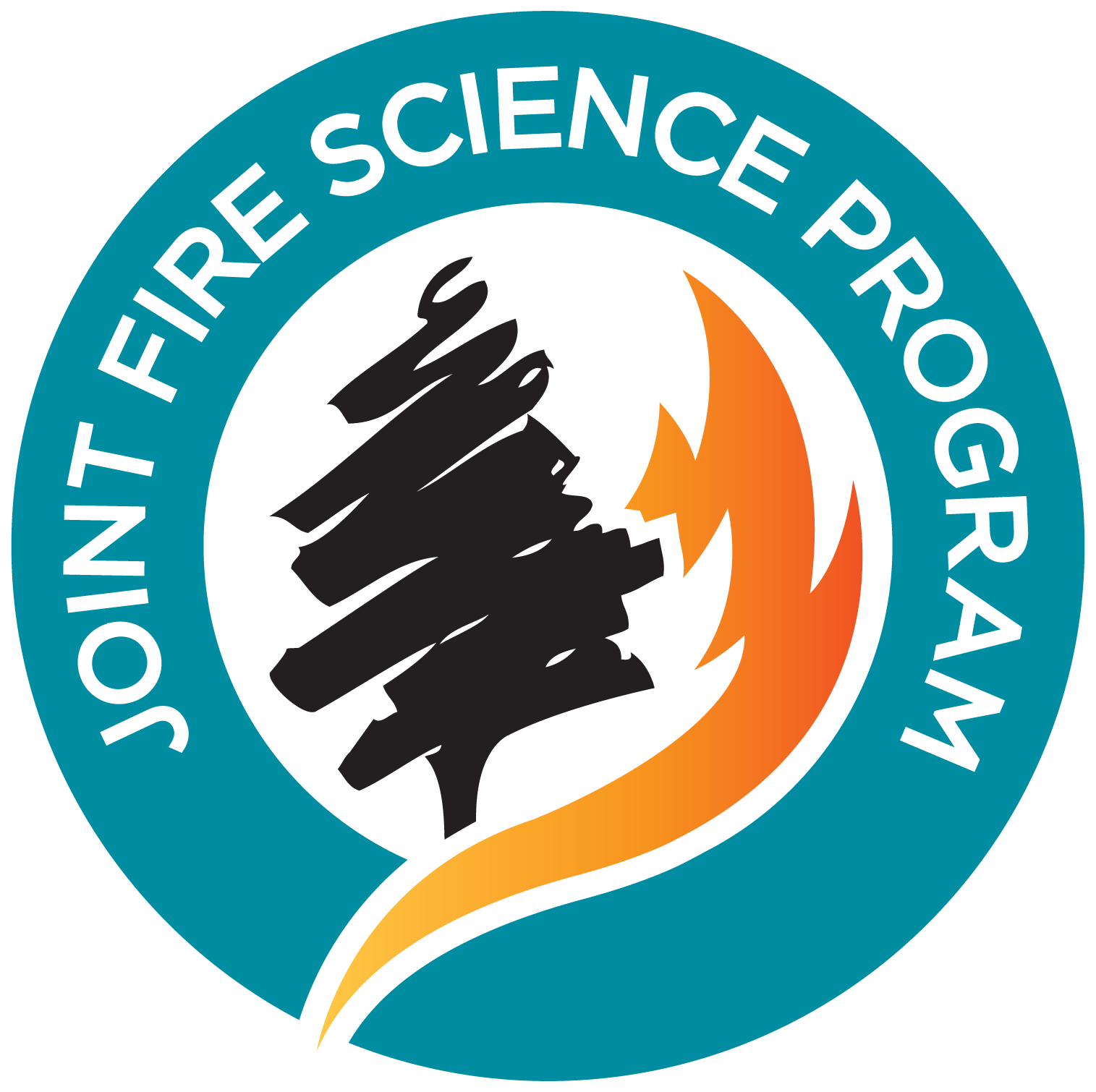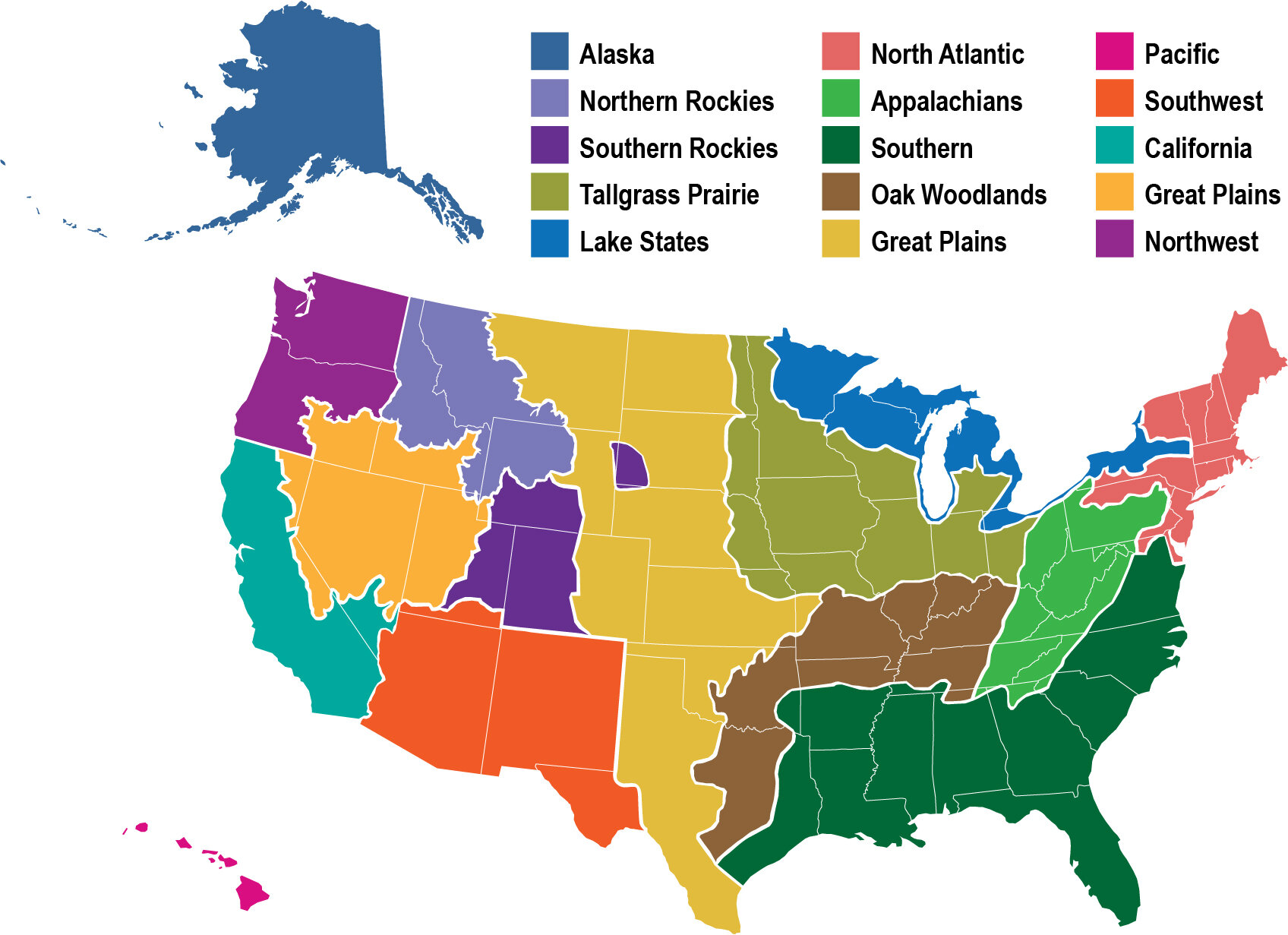More information on the webinar
The LANDFIRE Program collaborated with experts across the country for more than a decade to create a unique product describing the characteristics and basic ecology of hundreds of ecosystems. This product, known as the Biophysical Settings (BpS) Descriptions and Models, consists of two components: 1) a quantitative state-and-transition model, and 2) a description document. The models are used by LANDFIRE to estimate reference conditions, which are used to calculate vegetation condition class and to map historical fire regimes. Beyond LANDFIRE, the models and descriptions have been used to assess vegetation conditions, quantify restoration need, perform scenario analysis, analyze biomass production, support Forest Plan revision and more.
BpS descriptions are being reviewed now and for the next few months because vegetation changes and new science opens up missed opportunities and provides more accurate information. There are corrections to be made to the original descriptions, delivery methods are getting better, and modeling software is continually improving.
If you're interested in vegetation history and need tools to manage land --whether yours is a fire-related application or not – join the webinar, look at a couple of models and descriptions, and learn how you can help improve them.
Mark your calendars for Feb 2 at noon. We'll be speaking with Kori Blankenship, a fire ecologist with The Nature Conservancy’s LANDFIRE team. Kori will explain what BpS descriptions and models are, how they are used, why they are important, and how you can help improve the science behind them. Use these links to learn more about the LANDFIRE BpS descriptions and models and the BpS update effort:
LANDFIRE on the Conservation Gateway – BpS Models
Modeling on the grand scale: LANDFIRE lessons learned




